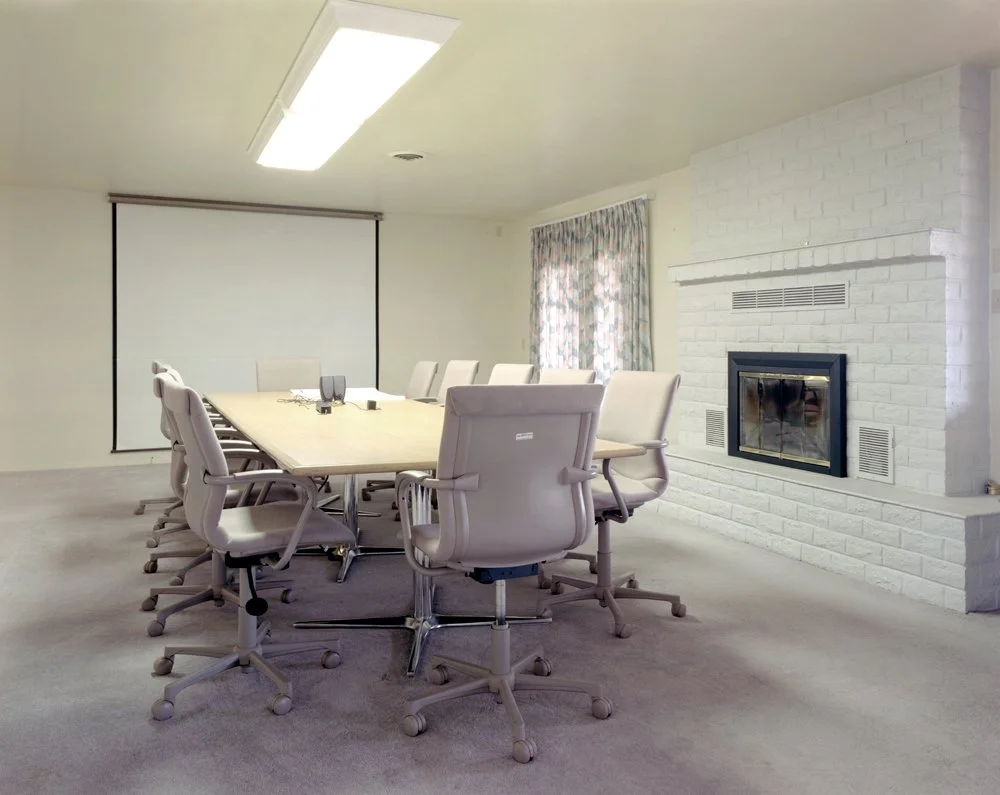Jason Oddy | Playas
Jason Oddy
Jason Oddy
Jason Oddy
Jason Oddy
Between October 2004 and August 2005 Jason Oddy created an in-depth photographic portrait of Playas, a one-time mining town in New Mexico, USA. The work is an oblique document of a remote desert outpost that has recently been purchased in its entirety by the US Department of Homeland Security to be a real-life training centre in the War on Terror. The project captures the tension between the real and the fake of a place that, sponsored by the US government, has become a backdrop for all manner of imaginary disasters.
Today the people who used to work for the mining company are employed as extras in the simulated scenarios, turning the once peaceable streets into the domain of suicide bombers and hostage takers. We live in an age in which reality is being pushed into new and ever more volatile forms. Oddy describes the town and its residents as being on ‘the frontline of a shift in the way America is attempting to forge both itself and the wider world’. The work can be seen as an attempt to document this shift.
In Playas, Oddy asks how America’s changing political climate is altering the way its people relate to the land and to the communities that they inhabit. It is a body of work that asks us to reflect on our current fascination with abstract notions of potential threats and projected disasters.
Oddy’s past projects have included surveys of places such as the Pentagon, Guantanamo Bay, homes of the recently deceased and the United Nations headquarters in New York and in Geneva. In Playas he continues to explore the principal theme underlying all his work, that of humanity’s struggle to impose order on an ever-uncontainable world. He asks us to consider the build environment as a cultural artefact, one which not only reflects but which would also shape historical reality too.
Jason Oddy lives and works in London. His work has been published and exhibited extensively in the UK, Europe and USA and is included in many private and corporate collections including Channel 4, Citibank and Deutsche Bank.



